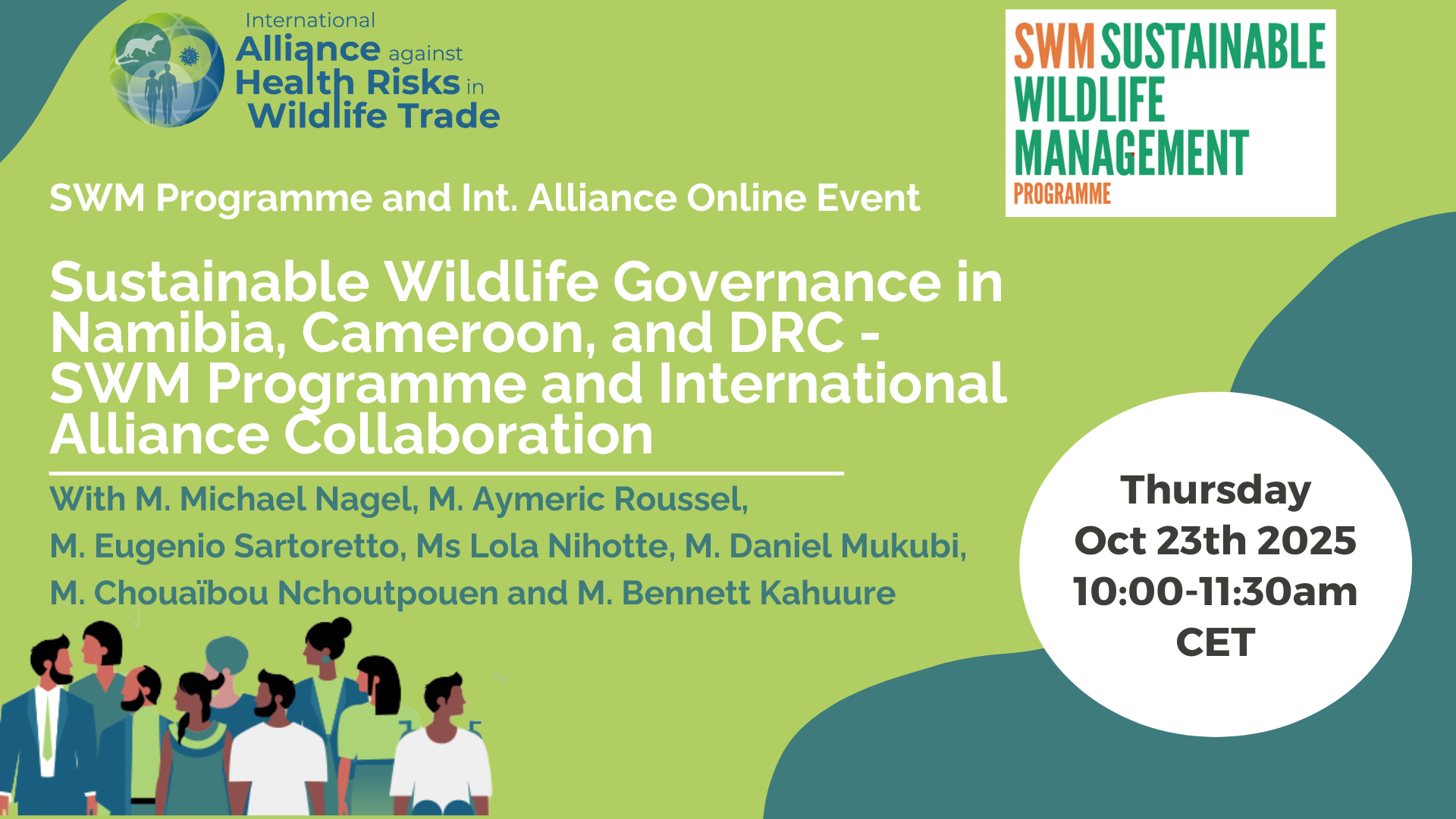
The online event is hosted by the International Alliance against Health Risks in Wildlife Trade and features speakers from the European Commission (DG-INTPA), Food and Agriculture Organization of the United Nations (FAO), as well as senior government representatives from the Namibia’s Ministry of Environment, Forestry and Tourism and Democratic Republic of Congo (DRC)’s Ministry of Environment, Sustainable Development and New Climate Economy and the Deputy Executive Secretary of Central Africa Forests Commission (COMIFAC).
Background
Participatory and informed law-making processes can significantly enhance the governance of natural resources, including wildlife. These can have far-reaching socio-economic impacts for rural communities whose livelihoods depend on these resources. However, for reform processes to truly involve all national stakeholders, especially Indigenous Peoples and local communities, legal information and foundational knowledge must be both accessible and understandable to everyone.
The Sustainable Wildlife Management (SWM) Programme Legal Hub, which is funded by the European Union, has proven to be a valuable tool in achieving this. It provides straightforward access to information on how various relevant sectors, such as hunting, fishing, land tenure, ecosystem management, food safety, and animal production, are regulated in each participating country. By clarifying the legal landscape and highlighting gaps in regulation, particularly those affecting wildlife use and trade, the Legal Hub supports more effective responses to zoonotic disease risks along the wildlife trade chain. It also promotes behavioral change and safer practices by making complex legal concepts more accessible, thus empowering stakeholders with the knowledge needed to mitigate health risks at the human-animal-environment interface.
Building on the success of the Legal Hub initiative, new activities supported by the Alliance are strengthening legal and policy reform in Central Africa and Namibia. In Namibia, a legal gap analysis using relevant Legal Diagnostic Tools (LDTs) helped shape the country’s profile on the Legal Hub. Meanwhile, in Central Africa, where the LDTs were already applied, Alliance-supported efforts are focusing on aligning national policies and legal frameworks with the COMIFAC Convergence Plan, ensuring greater regional harmonization. These actions also contribute to closing the gap between scientific understanding and legal implementation by ensuring that up-to-date health and environmental risks are reflected in evolving national legal systems.
Don’t miss this opportunity to:
Explore how legal and scientific knowledge are combined to support wildlife conservation, reduce poverty, and improve food security.
See real-world examples of how the Legal Hub is being used in Namibia and Congo Basin countries.
Get practical tips on using the SWM Programme’s Legal Hub and discover what’s new in the upcoming version.
Engage with the SWM Programme team and share experiences on addressing diverse stakeholder interests through legal frameworks
We look forward to your participation!
Agenda
Opening remarks
Dr. Michael NAGEL: Head of Programme – Support to the International Alliance against Health Risks in Wildlife Trade – GIZ
Introduction to the SWM Programme work in Cameroon, DRC and Namibia
M. Aymeric ROUSSELL: Team Leader, Biodiversity and ecosystems services – European Union, DG-INTPA,
Legal Hub demonstration
M. Eugenio SARTORETTO and Ms Lola NIHOTTE: SWM Programme Legal Team – FAO, Development Law service
Testimonies on the use of the Legal Hub
M. Daniel MUKUBI: Head of Division, Directorate of Sustainable Development – Ministry of Environment, Sustainable Development and New Climate Economy
M. Chouaïbou NCHOUTPOUEN: Deputy Executive Secretary – Central African Forests Commission (COMIFAC)
M. Bennett KAHUURE: Director of Parks and Wildlife – Namibia’s Ministry of Environment, Forestry and Tourism, National Focal Point for the SWM Programme in Namibia
Questions & Answers
Speakers

Dr. Michael NAGEL, a German microbiologist, works at the intersection of public health, biodiversity, and international cooperation, with extensive experience in several African countries.
He is dedicated to addressing complex global health challenges, particularly those involving human, wildlife, and ecosystems.
He currently serves as Programme Manager for the “Support to the International Alliance against Health Risks in Wildlife Trade” at the Deutsche Gesellschaft für Internationale Zusammenarbeit (GIZ).
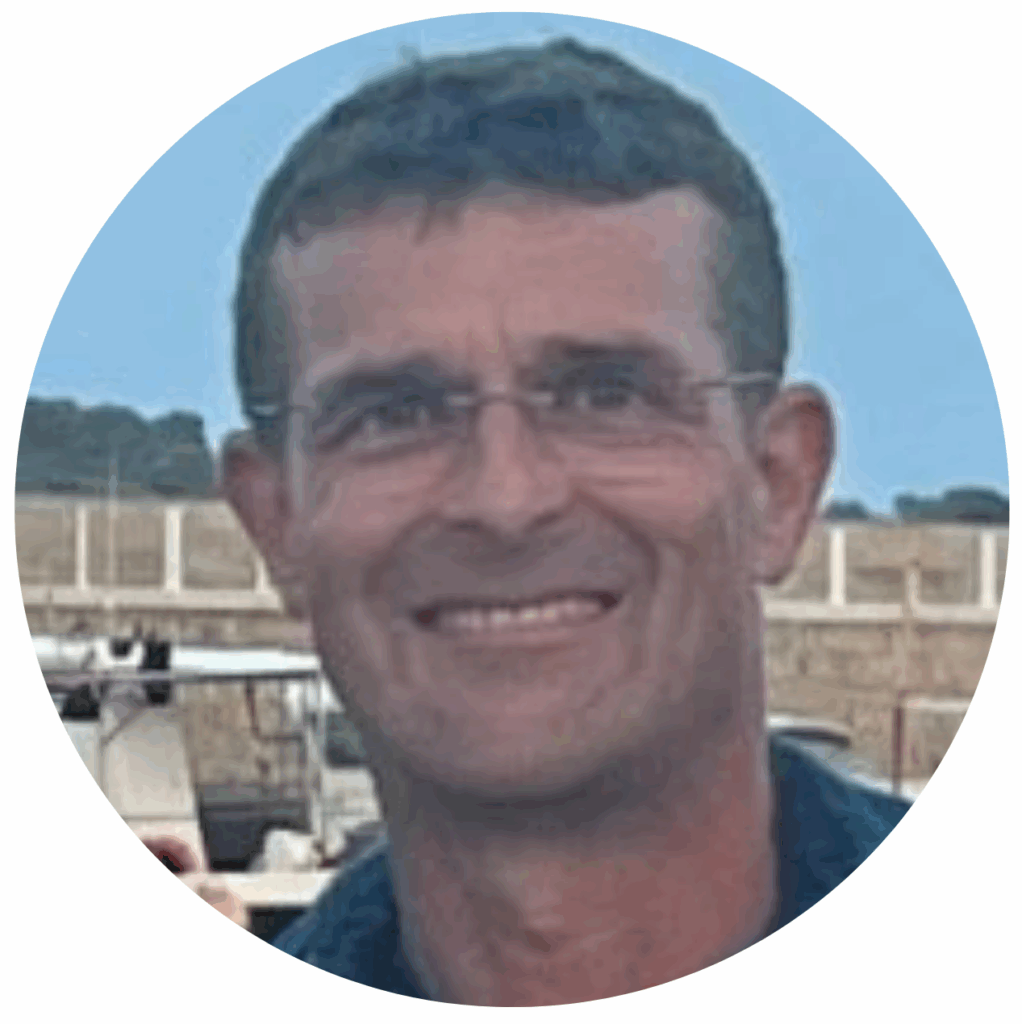
M. Aymeric ROUSSEL, a French expert in Natural Resource Management, has a strong background in international environmental policy, and the design and management of large-scale cooperation programmes addressing sustainable agriculture, fisheries governance, biodiversity protection, and climate-resilient livelihoods He has held key roles in the European Union related to sustainable development and biodiversity in Niger, Madagascar and Cambodia before taking over the position of Team Leader for Biodiversity and Ecosystem services at DG-INTPA. He is also currently responsible for the steering and supervision of the Sustainable Wildlife Management (SWM) Programme at the European Commission.
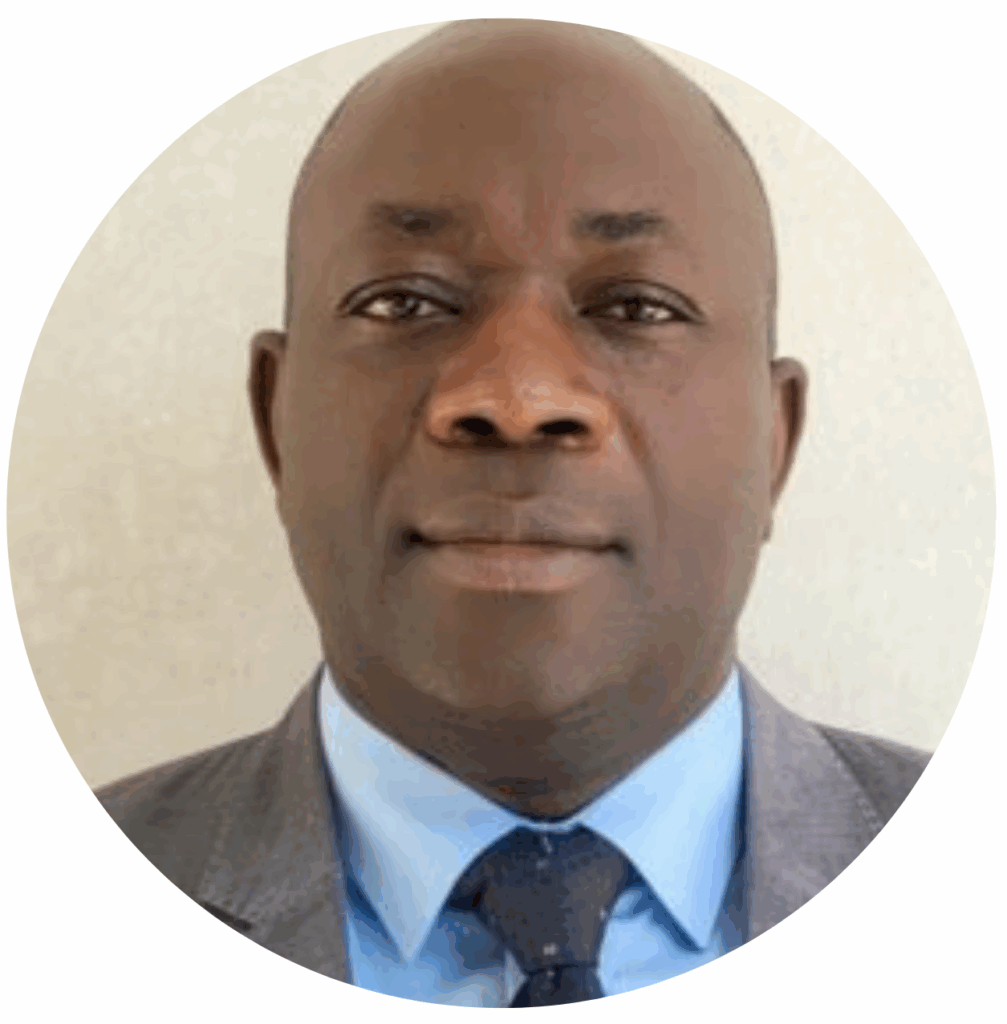
M. Chouaïbou NCHOUTPOUEN is a Cameroonian with a master’s degree in Forestry, Agroforestry, and Plant Biology, and extensive experience in sustainable biodiversity management in Central Africa.
With over 18 years of specialized experience, he has become a key figure in international negotiations on critical environmental issues, focusing on climate, biodiversity, desertification, and the international trade of endangered species in Central Africa.
Since June 2021, he has served as Deputy Executive Secretary of the Central African Forests Commission (COMIFAC), guiding strategic efforts for sustainable management of Congo Basin forests.
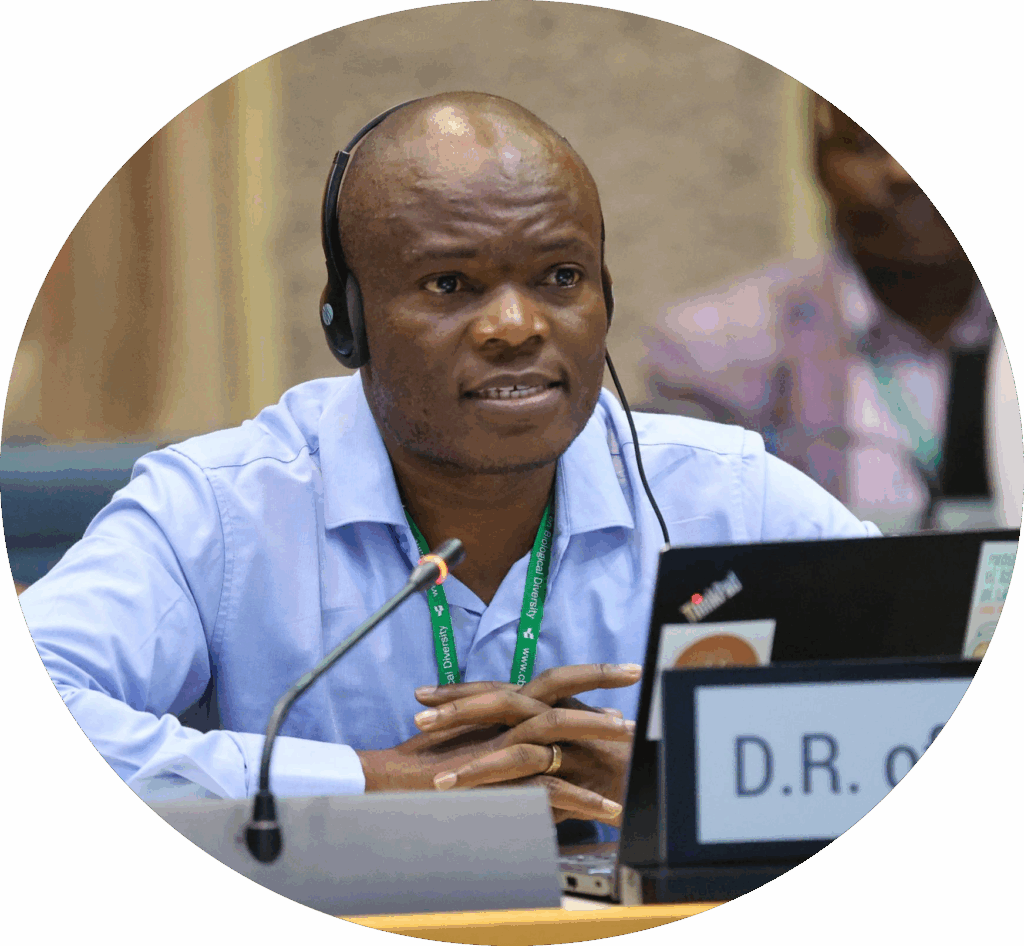
M. Daniel Mukubi, is a national of the Democratic Republic of Congo, he holds a Master’s degree in Biodiversity Management and Sustainable Forest Planning.
As an expert in biodiversity, he has participated in several regional and global forums. He is a member of the Expert Group for the Assessment of the Green List at the International Union for Conservation of Nature (EAGL/IUCN) and serves as the National Focal Point for the Intergovernmental Science-Policy Platform on Biodiversity and Ecosystem Services.
He currently holds the position of Head of Division within the Directorate of Sustainable Development at the Ministry of Environment, Sustainable Development and New Climate Economy.
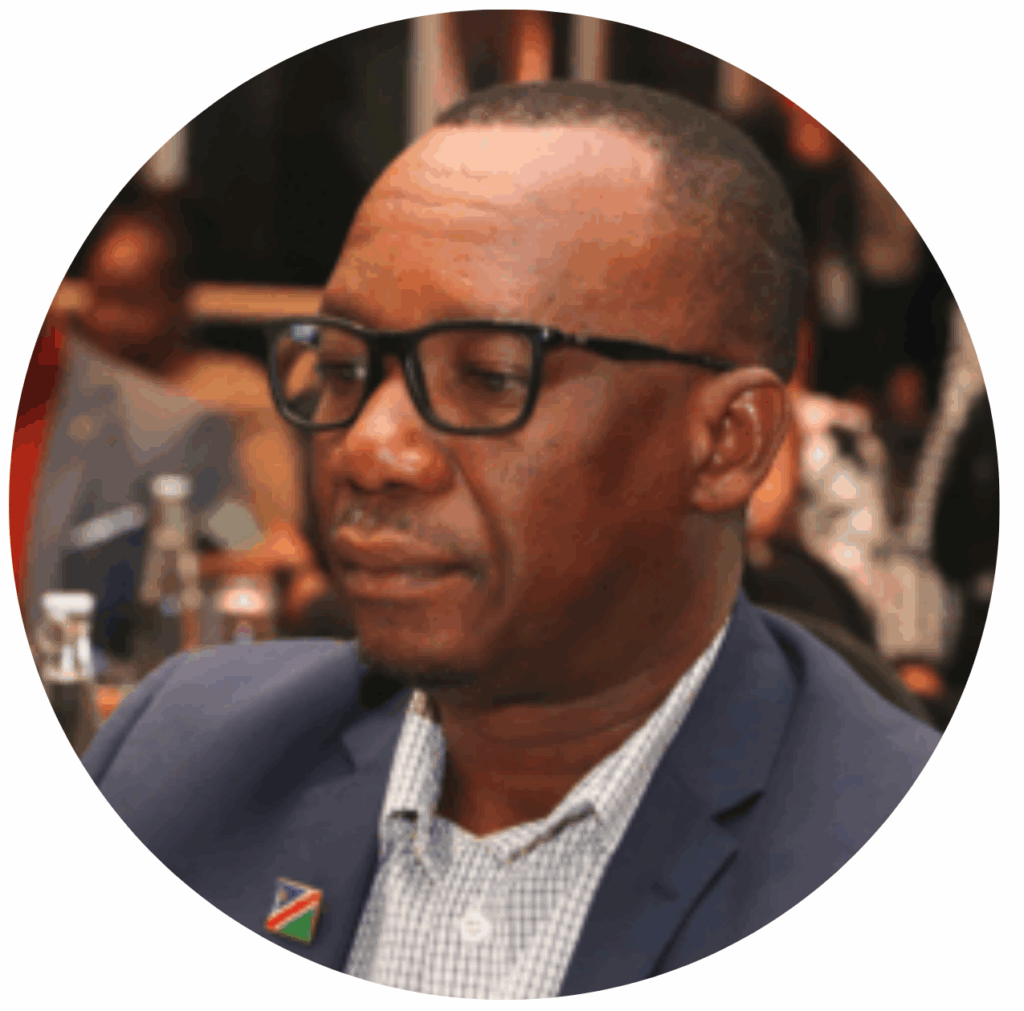
M. Bennett KAHUURE, a Namibian with a Master of Business Administration (MBA), has held key roles, including Deputy Director at Namibia’s Ministry of Environment, Forestry and Tourism and positions in several national programmes.
He is currently the Director of Parks and Wildlife at the Ministry of Environment, Forestry and Tourism, and serves as Namibia’s National Focal Point for the Sustainable Wildlife Management Programme.
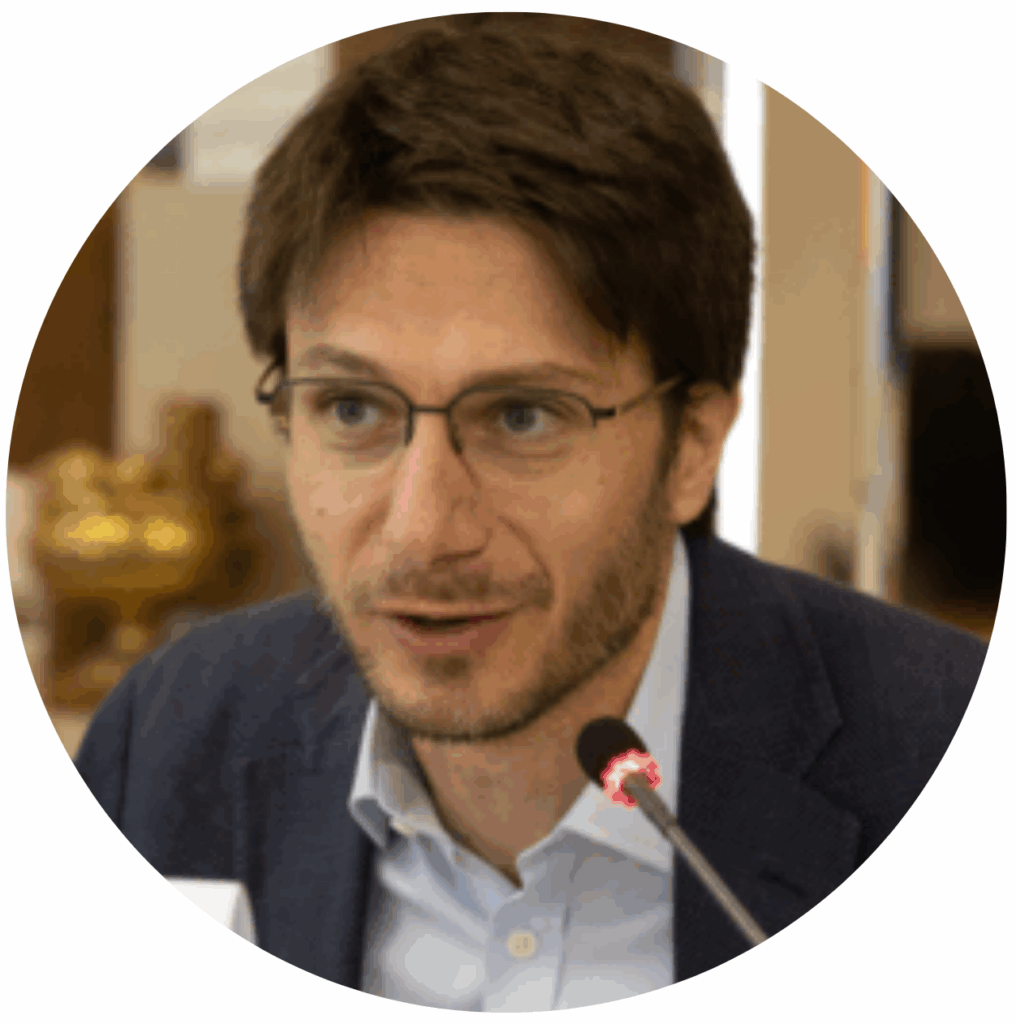
M. Eugenio SARTORETTO, an Italian with a master’s degree in law and an M.A. in Human Rights and Conflict Management, has extensive experience in strategically developing and implementing programs and projects focused on human rights, the rule of law, the environment, and natural resources, notably forests and wildlife.
He currently serves as a Legal Officer in the Development Law Service of the Food and Agriculture Organization (FAO), where he also coordinates the legal component of the Sustainable Wildlife Management (SWM) Programme.

Ms. Lola NIHOTTE is a French lawyer, certified by the Paris Bar Association. She has over 10 years of experience in legal analysis and research, and her current focus is on policy development, capacity building and community management for international forest and wildlife sectors. Since 2021, she has been working as an International Legal Consultant with the Development Law Service of the Food and Agriculture Organization (FAO). She is part of the Sustainable Wildlife Management (SWM) Programme legal team and coordinates legal and policy activities in Central Africa.